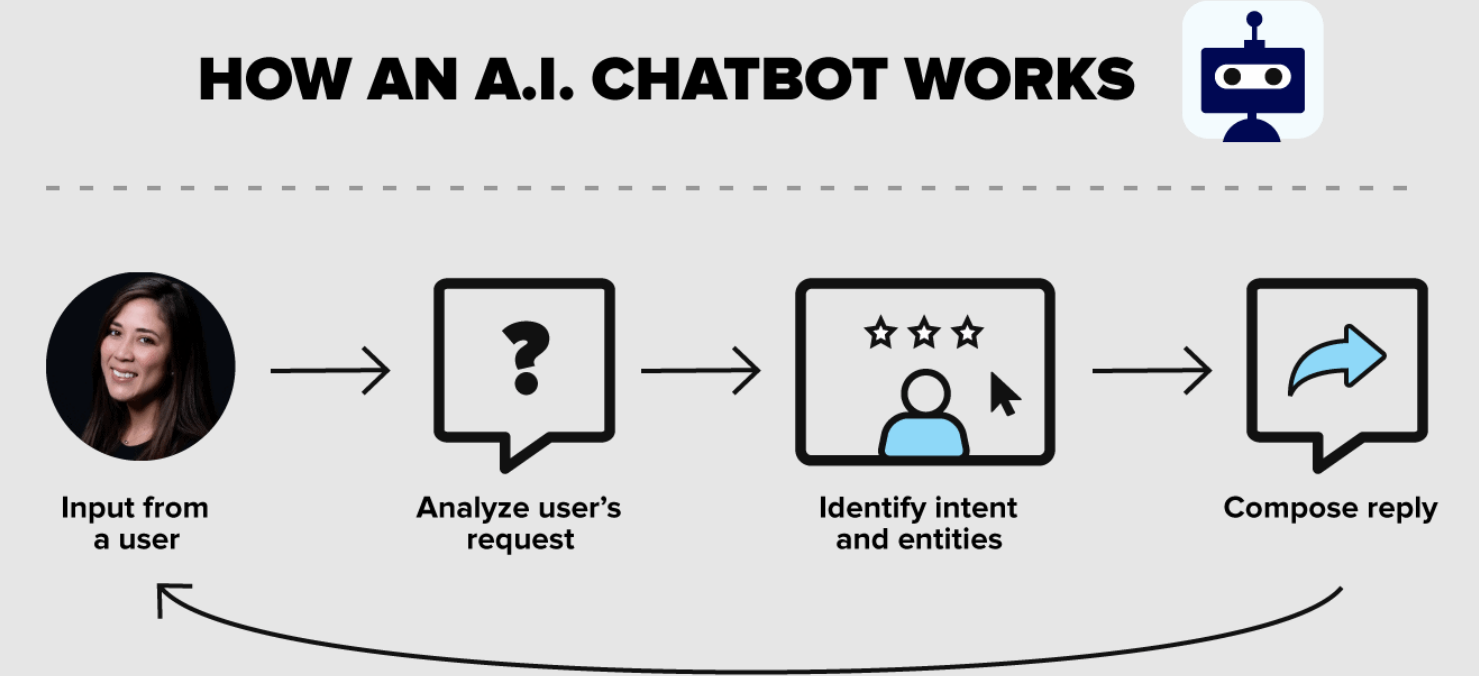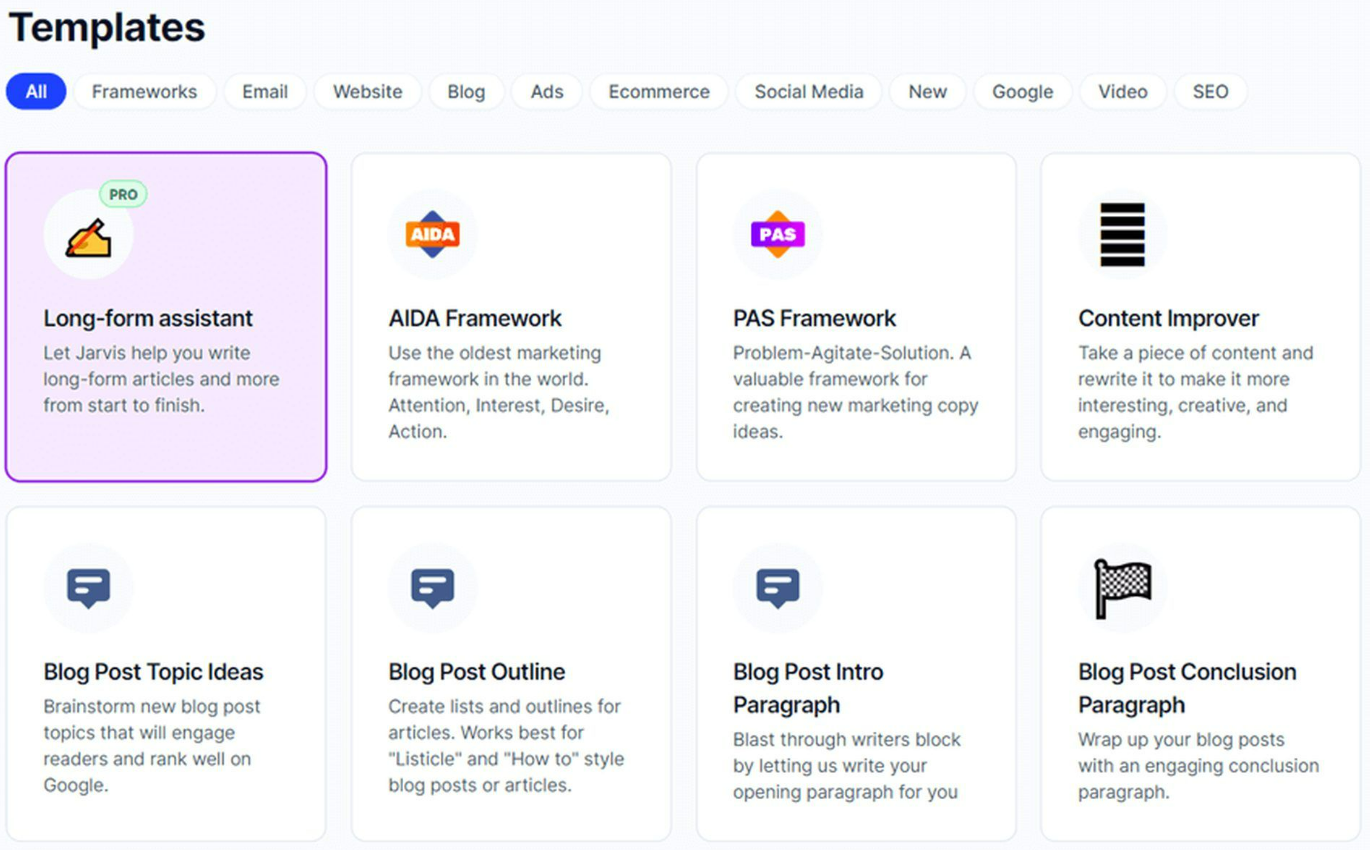
Artificial Intelligence (AI) is transforming industries, and digital marketing is no exception. As businesses evolve, AI is becoming essential for staying competitive in this dynamic field.
Digital marketing promotes products and services through channels like social media, search engines, email, and websites. With the digital landscape expanding, marketers face the challenge of handling vast amounts of data to create personalized strategies. AI offers powerful tools to boost efficiency, accuracy, and impact.
Discover how AI can enhance your marketing strategies, improve customer experiences, and drive business growth. Whether you're a marketer or a business owner, this article offers valuable insights into AI's transformative power in digital marketing.
Understanding AI in Digital Marketing
Artificial Intelligence (AI) refers to the simulation of human intelligence in machines that are programmed to think and learn like humans. In the context of digital marketing, AI encompasses a range of technologies designed to enhance marketing strategies by automating tasks, analyzing data, and generating insights that would be challenging or impossible for humans to achieve alone. AI in digital marketing involves using algorithms, machine learning, natural language processing (NLP), and other advanced technologies to optimize various marketing processes and improve decision-making.
AI's integration into marketing has evolved significantly over the past few decades. Initially, AI was primarily used for data analysis and predictive modeling. As technology advanced, AI applications expanded to include chatbots, recommendation engines, and programmatic advertising. The development of sophisticated machine learning algorithms and the availability of big data have further accelerated AI's adoption in marketing. Today, AI is at the core of many digital marketing strategies, providing marketers with unprecedented capabilities to understand and engage with their audiences.
Real-world examples of AI in digital marketing:
1. Chatbots:
- Companies like Sephora and H&M use AI-powered chatbots to provide customer service, answer queries, and offer product recommendations, enhancing the overall customer experience.

2. Recommendation Engines:
- Platforms like Netflix and Amazon use AI to analyze user behavior and preferences, delivering personalized content and product suggestions that drive engagement and sales.
3. Programmatic Advertising:
- AI algorithms are used in programmatic advertising to automate the buying and selling of ad space in real-time, ensuring that ads are shown to the right audience at the right time.
4. Sentiment Analysis:
- Tools like Brandwatch and Sprout Social employ AI to monitor social media conversations and analyze public sentiment, helping brands to respond promptly to customer feedback and manage their online reputation.
Pros of Using AI in Digital Marketing
1. Enhanced Customer Insights and Personalization
AI algorithms can process data from multiple sources, including social media, website interactions, purchase history, and customer feedback, to create comprehensive customer profiles. These profiles enable marketers to understand their audience's preferences, behaviors, and needs more accurately.
- Data Collection: AI tools collect data from various touchpoints, such as social media platforms, CRM systems, and e-commerce sites. This data includes demographic information, browsing history, purchase patterns, and social interactions.
- Data Analysis: Machine learning algorithms analyze this data to identify patterns and trends. AI can segment customers based on different criteria, such as age, location, buying behavior, and interests.
- Predictive Analytics: AI uses predictive analytics to forecast future behaviors and trends. By analyzing past data, AI can predict which products a customer is likely to buy, when they might make a purchase, and what type of marketing message will resonate with them.
AI enables marketers to create highly personalized marketing strategies that cater to individual customer preferences. Personalization not only improves customer satisfaction but also increases engagement and conversion rates. Here are some ways AI drives personalized marketing:
- Dynamic Content: AI can generate dynamic content tailored to individual users. For example, AI can personalize website landing pages, email content, and product recommendations based on user behavior and preferences.
- Targeted Campaigns: AI analyzes customer data to segment audiences and create targeted marketing campaigns. These campaigns are more effective because they are tailored to the specific interests and needs of different customer groups.
- Personalized Recommendations: AI algorithms, such as collaborative filtering and content-based filtering, provide personalized product or content recommendations. Companies like Amazon and Netflix use these algorithms to suggest products and movies that match individual user preferences.
Case studies of successful AI-driven personalization:
- Netflix: Netflix uses AI to analyze viewing habits and preferences, providing personalized movie and TV show recommendations. This personalization keeps users engaged and reduces churn rates.
- Amazon: Amazon's recommendation engine analyzes purchase history and browsing behavior to suggest products that customers are likely to buy. This has significantly increased Amazon's sales and customer satisfaction.
- Spotify: Spotify uses AI to analyze listening habits and curate personalized playlists for its users. Features like Discover Weekly and Daily Mixes keep users engaged and enhance their overall experience.
2. Efficient Content Creation and Curation

Automated Content Generation: AI tools like GhatGPT and Jasper AI can generate high-quality content for blogs, social media posts, and product descriptions. This automation saves time and resources, allowing marketers to focus on strategic tasks.
Content Curation: AI can curate relevant content from across the web based on specific topics and keywords. This ensures that marketers can provide their audience with valuable and timely information, enhancing engagement and thought leadership.
Dynamic Content Delivery: AI enables the creation of dynamic content that changes based on user interactions and preferences. This adaptability ensures that users receive the most relevant information, improving their overall experience and engagement.
3. Advanced Data Analytics and Predictive Modeling
Real-Time Data Processing: AI processes data in real-time, providing marketers with up-to-date insights and allowing for quick decision-making. This immediacy is crucial in today's fast-paced digital landscape.
Deep Data Analysis: AI can analyze complex data sets to identify hidden patterns and trends that human analysts might miss. This deep analysis provides a comprehensive understanding of market dynamics and customer behavior.
Coca-Cola uses AI to analyze social media data and identify emerging trends, which helps them stay ahead of the competition and tailor their marketing strategies effectively.
Predictive Modeling: AI-driven predictive modeling helps marketers forecast outcomes and optimize their strategies accordingly. For example, AI can predict which products will be popular in the coming months, enabling better inventory and marketing planning.
4. Optimized Advertising Campaigns
Programmatic Advertising: AI automates the buying and selling of ad space through programmatic advertising, ensuring that ads are placed in front of the right audience at the right time. This automation improves ad efficiency and ROI.
Targeting and Retargeting: AI algorithms analyze user data to create highly targeted advertising campaigns. Retargeting strategies driven by AI ensure that ads reach users who have previously shown interest in a product, increasing the likelihood of conversion.
Dynamic Ad Creation: AI can generate and test multiple ad variations to determine which performs best. This dynamic creation and optimization ensure that the most effective ads are always displayed, enhancing campaign performance.
Facebook's Dynamic Ads use AI to automatically show the best-performing ad variations to the right audience, optimizing ad spend and engagement.
5. Enhanced Social Media Marketing
Social Listening and Sentiment Analysis: AI tools can monitor social media platforms to track brand mentions and analyze public sentiment. This insight helps marketers understand how their brand is perceived and allows for timely and appropriate responses to both positive and negative feedback.
Influencer Identification: AI can identify key influencers within a specific industry or niche by analyzing engagement metrics and follower demographics. This enables marketers to collaborate with the most effective influencers for their target audience.
Content Scheduling and Optimization: AI tools like Hootsuite and Sprout Social help in scheduling and optimizing social media posts for maximum engagement. AI analyzes the best times to post and the type of content that resonates most with the audience.
6. Improved Email Marketing
Segmentation and Targeting: AI enables precise segmentation of email lists based on various customer attributes and behaviors. This ensures that each email campaign is highly targeted and relevant to the recipients.
Personalized Email Content: AI tools can create personalized email content, including subject lines, product recommendations, and special offers tailored to individual recipients. This personalization increases open rates and engagement.
Grammarly uses AI to personalize their email content based on user behavior and preferences, significantly improving their email marketing performance.
Automated Campaign Optimization: AI continuously monitors email campaign performance and makes real-time adjustments to improve results. For instance, AI can determine the best times to send emails and the types of content that generate the highest engagement.
Bottom Line
The integration of AI in digital marketing has ushered in a new era of possibilities, transforming how businesses engage with their audiences and optimize their marketing strategies. The myriad benefits AI brings to the table, highlighting its indispensable role in today's digital landscape.
As AI technology continues to advance, its impact on digital marketing will only grow. To remain competitive and innovative, businesses must integrate AI into their marketing strategies and continuously explore new AI-driven opportunities. To smoothly and successfully implement such tools, specialized AI marketing companies can always come to the rescue of your project.




